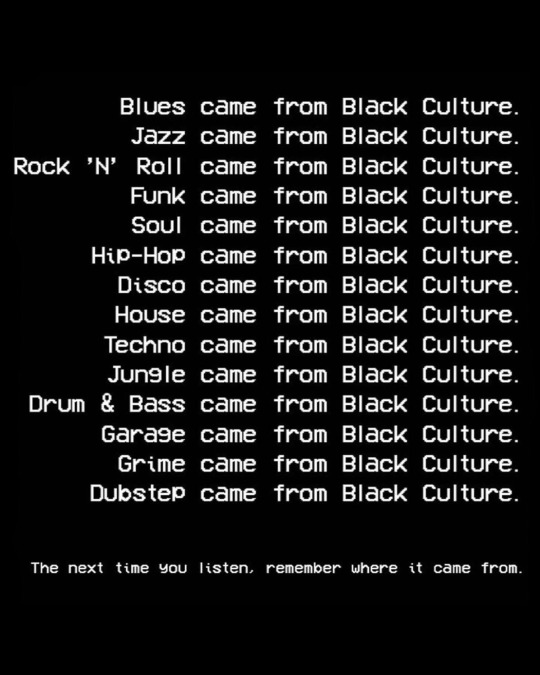23, she/they. writer of things. music snob. milf enthusiast. ao3
Don't wanna be here? Send us removal request.
Photo

for god’s sake they look like a freaking married couple having marriage counseling i mean look at them sitting on both ends of the couch while one is so mad at the other for not being there to call her stupid and the other quickly making up for that by outright calling her stupid and look at snow just standing there like ‘here we go again’ im laughing so hard i love how a picture really paints a thousand words
2K notes
·
View notes
Text

man do you ever just fucking cry because of this face??? because no one has ever gone this fucking far for regina!?!?!? because before lana even told us she didn’t think anyone else had ever made the kind of sacrifice emma made for regina she showed us
1K notes
·
View notes
Text
i'm such a slut for when a character is morally evil, but worshipped by another character as a deity of some sort. like i love me an absolute freak who doesn't really see the value in human life at all, and there's another, more masochistic freak, jerking off to their aura of inhumanity. a real two-hit combo of "whatever's wrong with this guy is clearly incredibly appealing to this other guy"
1K notes
·
View notes
Text
in desperate need of someone to come hold my hand and encourage me to write because i am halfway through a chapter of OFSA and it's been a few months too long since i've updated
4 notes
·
View notes
Text
screaming crying throwing up not only did kathryn say that “stonemilker” was her FAVORITE song by björk but it was the same one that she sent to aubrey when they were filming agatha all along 😭😭😭😭😭 the implications of this so much to unpack ahhhhhhhhhhh
23 notes
·
View notes
Text

Highly recommend watching Kathryn Hahn in Free Agents

You can watch all the episodes here

362 notes
·
View notes
Text


MAGA/GOP patriarchal death spiral.
The stale misogyny and tired racism won't stop their lonely and loveless extinction.
11K notes
·
View notes
Text
It says a lot that Kathryn Hahn can’t talk about a new project without someone bringing up Agatha.


She’s out there promoting The Studio—a totally different story, a totally different character—and yet Agatha keeps coming up.
Quietly. Persistently.
Marvel’s been annoyingly quiet. No season two. No spin-off. Not even one of those classic “Agatha will return” teases. Lots of silence.
Except… Marvel UK posting their own Agathario edit… still not over that.
And the cast? Super duper careful. They’ve been told exactly how much not to say. Kathryn used to drop little hints—smiles, vague nods—but lately she’s been much quicker to redirect. Like someone had a word with her behind the scenes because they realized she was stirring up more interest than they planned for.
And that matters—because Agatha wasn’t just another Marvel character.
She was magnetic. Complex. Funny in a way that didn’t feel forced.
There was something lonely beneath all that flair. Something queer-coded without needing to be loud about it. And when Aubrey Plaza came in? That energy deepened. Instantly. Palpably.
Kathryn played her like she knew exactly who was watching.
And queer fans didn’t just see ourselves in her—we recognized her.
Maybe Marvel didn’t expect that. Maybe they thought it was just a silly little witch show. But honey, Kathryn turned it into something sticky. Something that stayed.
So even with no roadmap, no official word, no crossovers in sight—Agatha’s still here. In press tours. In fan posts. In the quiet, recurring ache of a character who struck something real.
Not every kind of visibility is loud and clear. Some of it lingers because it mattered.
Because someone—Kathryn—showed up, cracked open the role, and filled it with something weird and wonderful and just queer enough to feel like home.
She didn’t just play her. She claimed her.
And we noticed. We’re still noticing.
Mother behavior, actually.
344 notes
·
View notes
Text
Sun Tzu is so fucking funny to me because for his time he was legitimately a brilliant tactician but a bunch of his insight is shit like "if you think you might lose, avoid doing that", "being outnumbered is bad generally", and "consider lying."
153K notes
·
View notes

















